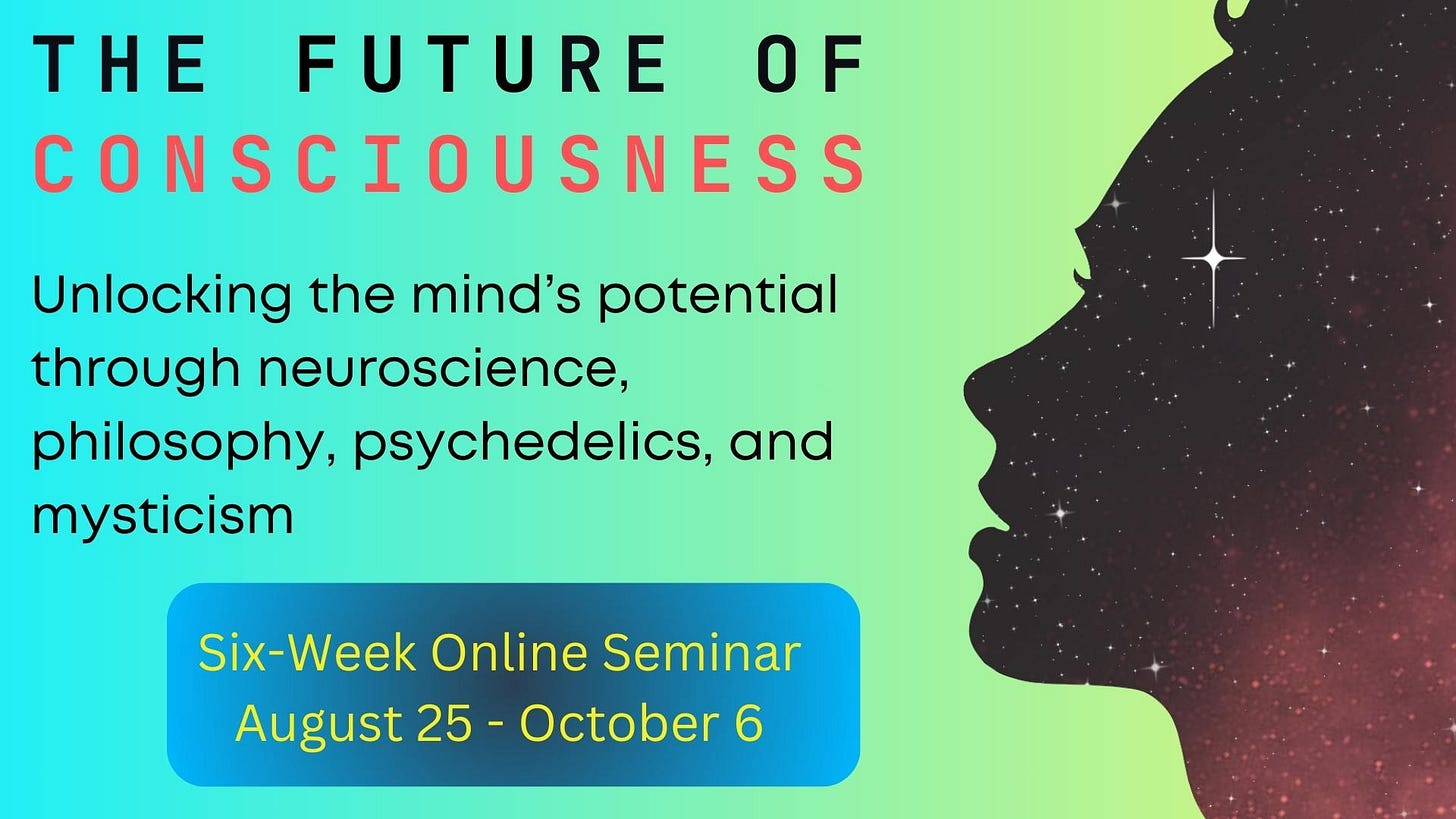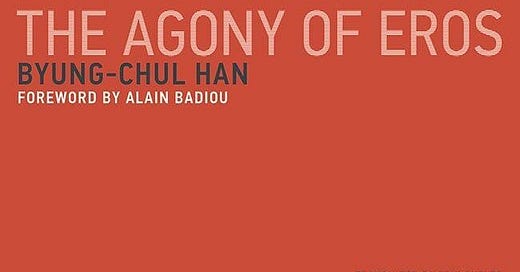I hope to initiate a deeper inquiry into the roots of the impulse toward the new Fascism that is gripping much of the world, combined with a fraudulent neo-traditionalism and longing for a simplistic return to patriarchy. This includes, in some cases, an embrace of Christianity: A false (often cynical) piety that masquerades as a new kind of radical authenticity. This is currently expressed by a number of emblematic “figures of horror” of our dreary, despicable moment. These figures include, in different ways, Elon Musk, Russell Brand, Marc Andreessen, Trump of course, and the new nightmare entry into the “most obnoxious man alive” sweepstakes, J. D. Vance.
The beginning of my inquiry and critique may be somewhat inchoate, but I hope it will sharpen as it develops over the course of a few essays (and, as always, I hope you will contribute to the discussion in the comments). I find, sometimes, when you accurately name something that is false and over-inflated, you puncture it. Then, like a massive Macy’s Day balloon, it starts to sink and, eventually, shrivels up into nothing as it collapses on itself.

I sense we are experiencing, under the surface, a deep crisis of eros — regenerative life-force energy — but it is difficult to disentangle this from all the other strands of our hyperconnected world system. We live in a society now marked by what philosopher Byung-Chul Hahn accurately calls “compulsive hypervigilance:” We can’t escape from each other; we can’t escape from the fate of the Earth; we can’t escape from information overload and a pornographic level of too-intimate over-sharing. We have no access to Mystery. We can’t get lost. We are always visible, yet constantly in danger of disappearing.
In The Agony of Eros, Hahn writes:
The corollary of hypervisibility is the dismantling of thresholds and borders. Hypervisibility is the telos of the society of transparency. Space becomes transparent when it is smoothed out and leveled. Thresholds and transitions are zones of mystery and riddle — here, the atopic Other begins.
When borders and thresholds vanish, fantasies of the Other disappear too. Without the negativity of thresholds or threshold-experiences, fantasy withers. The contemporary crisis in literature and the arts stems from a crisis of fantasy: the disappearance of the Other. This is the agony of eros.
Like past philosopher-curmudgeons such as E.M. Cioran, Hahn offers a grumpy critique of our postmodern/transhuman condition. Of course, to say he is grumpy is not to say he is wrong. Much of what he writes is exquisitely accurate.
For Hahn, eros — love — depends on preserving the “otherness of the Other.” He disdains our contemporary culture of entrepreneurial self-optimization defined by the achievement-focused narcissistic self. “The neoliberal dictum of freedom finds expression in the paradoxical imperative, Be free. But this plunges the achievement-subject into depression and exhaustion.”
Entrepreneurial Capitalism creates a false ideology of freedom which its subjects internalize (or introject) without knowing it. We are slaves to the false freedom of this all-consuming entrepreneurial regime — slaves competing against each other for crumbs. A similar paradox is found with the incessant demands made by social media and the Internet:
Today, more and more, dignity, decency, and propriety —matters of maintaining distance— are disappearing.
That is, the ability to experience the Other in terms of his or her otherness is being lost. By means of social media, we seek to bring the Other as near as possible, to close any distance between ourselves and him or her, to create proximity. But this does not mean that we have more of the Other; instead, we are making the Other disappear. Nearness is negative insofar as remoteness is inscribed within it. But now, a total abolition of remoteness is underway.
I do think we have to acknowledge this loss of the remote, the mysterious and the Other is truly a problem — a problem that seems to lack a solution. One solution I find is to go all the way through it, dissolving all difference into absolute sameness, as in Dzogchen. In The Precious Treasure of the Basic Space of Phenomena, Longchenpa, an enlightened Tibetan monk who lived in the 11th Century, tells us:
In brief, within the ultimate womb of basic space, spacious and spontaneously present, whatever arises as the dynamic energy of its display-as samsara or nirvana — in the very moment of simply arising has never known existence as samsara or nirvana.
Whatever arises in a dream due to the dynamic energy of sleep does not actually exist.
There is only self-knowing awareness, the blissful place of rest, extending infinitely as the supremely spacious state of spontaneous equalness.
I find myself increasingly comfortable with this revelatory if annihilating perspective. But I know the vast majority of human beings are not ready for it. Until you surrender into it, you keep fighting for the preservation of your ego, wealth, hierarchy, privilege, specialness, genes, country, culture, and so on.
But at the same time, because of the processes Hahn describes in The Agony of Eros, it is increasingly difficult to maintain any sense of exception or exemption from the norm. As a creative artist or thinker, even if you did suddenly have a creative breakthrough or lightning strike of intuitive brilliance and managed to capture it in a book or essay, the next day, after putting it out into the world, you would find all manner of copies made by other artists and creative entrepreneurs (and AI-written “workbooks”), all pursuing the same field of inquiry, the same audience, the same financial rewards.
If you tend toward rebellion (I certainly do — and, as I discussed recently, considering Albert Camus’ ideas on rebellion and the Sacred from The Rebel, this is the underlying stance of modernity, where “all that is solid melts into air”) and if you naturally, flamboyantly, seek attention and controversy, you will keep upping the stakes, looking for the soft spots in the culture where you can create impact and outrage. The inveterate narcissist will seek new ways to transgress, so they can feel their ego, their personality, once again. Our devious, shadowy parts get a thrill from violating established morals and conventions. This is what I think of Elon Musk going all in for Trump, of Russell Brand turning far Right while claiming Christian piety. How else can they continue to be cutting edge, relevant, different, interesting?
I know this from painful, personal experience.
Keep reading with a 7-day free trial
Subscribe to Liminal News With Daniel Pinchbeck to keep reading this post and get 7 days of free access to the full post archives.





